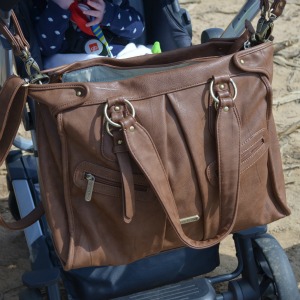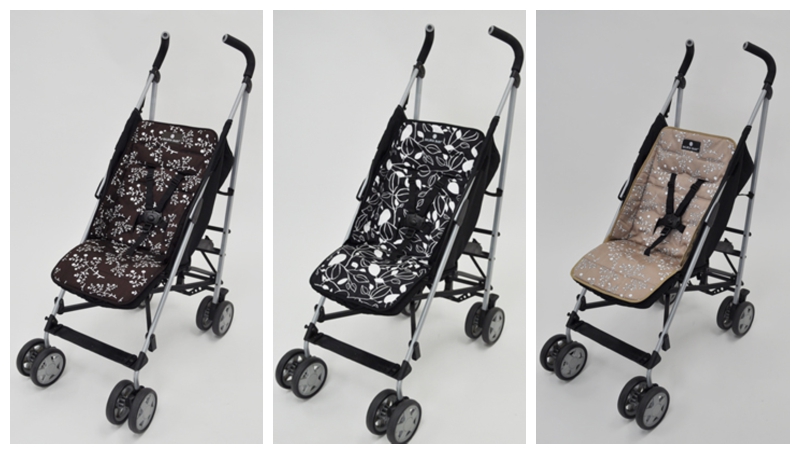Au pairs are expected to share general household responsibilities as temporary family members. This is typically not expected to include heavy house cleaning, yard work, pet care or meals for the entire family.
Au pairs are more than just childcare workers; they become close-knit parts of the families they join. This creates meaningful cultural exchanges that benefit kids, too.

The Host Family
Host Families are a vital part of the au pair program. They provide room and board to au pairs in their homes and include them in family activities such as meals and outings. In addition, host families may ask au pairs to assist with household chores.
Host families typically have children of all ages. Some host families are single-parent families. Regardless of the number of children in a host family, au pairs are treated like temporary family members for their stay with their host. In most cases, au pairs have their room within the home.
A host family can expect au pairs to take on transport-related duties such as school pick-ups and drop-offs or taking kids to after-school activities. This is why au pairs must be familiar with the local public transport options and routes, can cycle, or have access to a car with a valid driving license and insurance should the host family decide to ask them to do this. But, it’s essential to know what is an au pair is before becoming an au pair.
Many au pairs are also asked to help with household chores, such as cooking, cleaning and washing up. However, this is not a full-time job for an au pair, and heavy housekeeping is not generally expected of them. Au pairs may also be asked to prepare snacks for the children, help with homework or play games with them.
The Au Pair
Au pairs are a special group of young people from around the world who choose to work with host families for meaningful, short-term relationships that allow them to travel and learn. In addition to providing care for the family’s children, au pairs often have a variety of household duties, such as cooking and cleaning, taking kids to after-school activities, washing the laundry and ironing. Au pairs are generally expected to work up to 45 hours per week and up to 10 hours a day.
Host families look for au pair candidates interested in working with their children and have the right qualifications and personality. They want someone responsible, mature and able to manage the daily demands of their household. They also need to be flexible, patient and able to adapt to different situations.
Many au pairs are college students, recent graduates or working professionals looking for a unique cultural experience. Becoming an au pair allows them to develop valuable and lasting professional skills they can take on their career journey, such as communication, teamwork and problem-solving.
For example, working as an au pair can help with a future job interview because it shows the employer that the candidate is flexible, communicative and responsible.
The Community
Traveling abroad to immerse yourself in a different culture is an incredible experience. However, au pairing takes this to a whole new level by making you an active part of the family life.
While au pairs need to take care of the host children and perform childcare-related tasks, they should also be able to enjoy some personal time, especially on weekends and public holidays. They can spend this time sightseeing, meeting friends or exploring a new hobby. Au pairs also have room to enjoy privacy and independence during their free time.
Taking on these duties can be challenging, but it is equally rewarding. In addition, the Au Pair Program is designed to foster a deeper understanding of different cultures and promote tolerance and respect for them. In this way, au pairs can be a bridge between worlds and help build a more cohesive global society.
The au pair’s role is more than just a caregiver; the host family must treat them as temporary members. This is why most programs are committed to helping au pairs and host families understand each other’s roles, expectations, and responsibilities so everyone can have a successful au pair placement. The lines between work and life can blur for many families raising children while managing a busy household.
The Journey
Being an au pair is a big step for anyone. It may be a scary step at times, but it’s also a great way to gain independence and explore another country. It teaches you how to respect different cultures, which we all need today.
Working as an au pair abroad immerses you in your host culture, making the whole experience much more valuable than just traveling on vacation. You can understand how people live in your host country, from their day-to-day life to family dynamics and cultural traditions. It’s a unique experience many people love, giving them lasting professional skills they can use later in life.
Au pairs and host families need to agree on how things will work for the duration of the placement. It’s recommended to discuss topics like pocket money, working hours, tasks, recreational activities and holidays well before the start date. This will help avoid confusion about expectations and ensure that the au pair feels included as a temporary family member. Then, everyone can enjoy the journey together!


